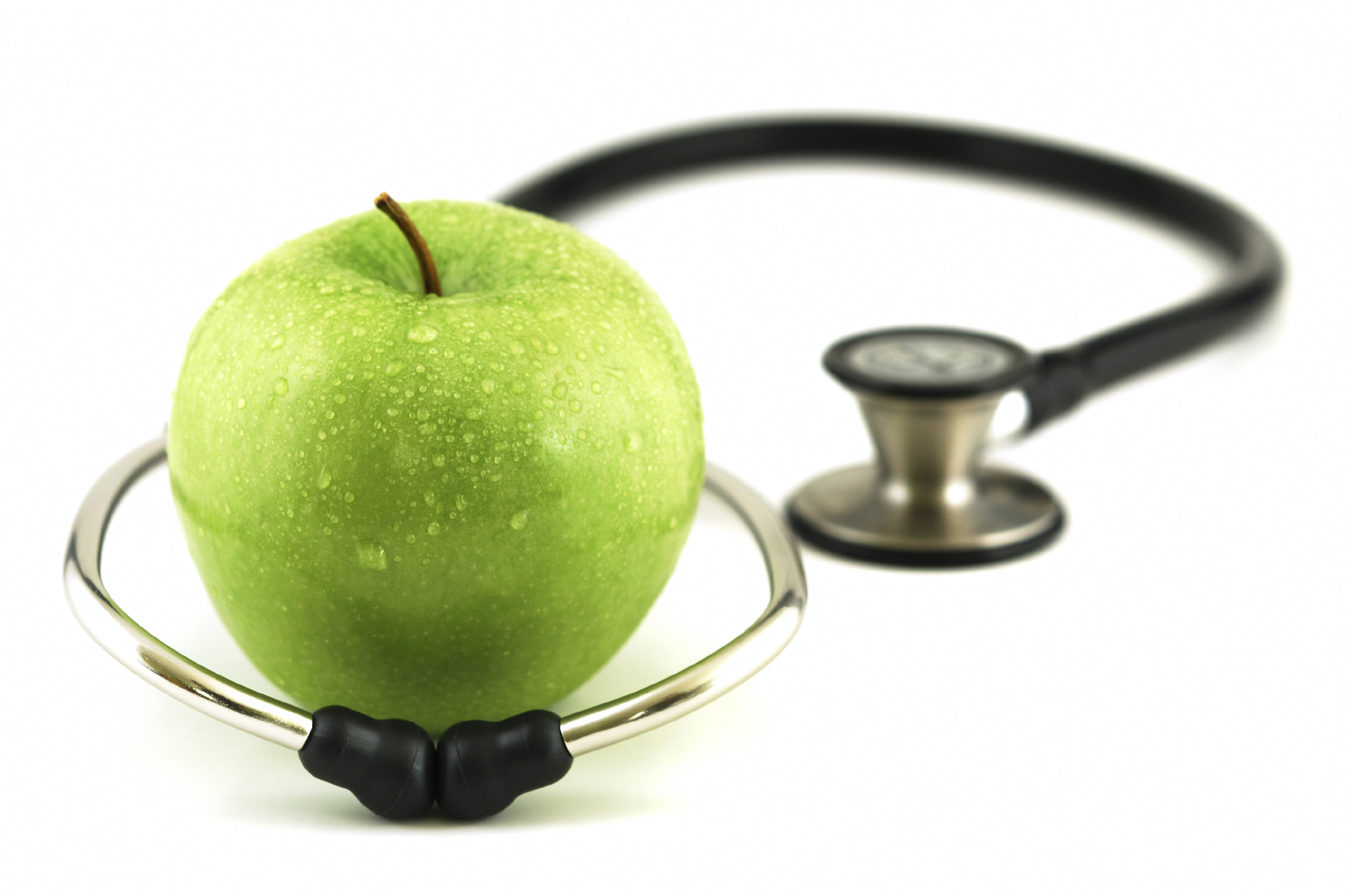PLANT PHENOLICS IN THE PREVENTION AND TREATMENT OF CANCER
May 30, 2013 by admin
Filed under Uncategorized
The following article was taken from Adv Exp Med Biol. (2010;698:36-51) and describes the health benefits of phenolics in plant foods:
“Epidemiological studies indicate that populations consuming high levels of plant derived foods have low incidence rates of various cancers. Recent findings implicate a variety of phytochemicals, including phenolics, in these anticancer properties. Both monophenolic and polyphenolic compounds from a large variety of plant foods, spices and beverages have been shown to inhibit or attenuate the initiation, progression and spread of cancers in cells in vitro and in animals in vivo.
The cellular mechanisms that phenolics modulate to elicit these anticancer effects are multi-faceted and include regulation of growth factor-receptor interactions and cell signaling cascades, including kinases and transcription factors, that determine the expression of genes involved in cell cycle arrest, cell survival and apoptosis or programmed cell death. A major focus has been the inhibitory effects of phenolics on the stress-activated NF-KB and AP-1 signal cascades in cancer cells which are regarded as major therapeutic targets. Phenolics can enhance the body’s immune system to recognize and destroy cancer cells as well as inhibiting the development of new blood vessels (angiogenesis) that is necessary for tumour growth. They also attenuate adhesiveness and invasiveness of cancer cells thereby reducing their metastatic potential. Augmentation of the efficacy of standard chemo- and radiotherapeutic treatment regimes and the prevention of resistance to these agents is another important effect of plant phenolics that warrants further research.
Plant phenolics appear to have both preventative and treatment potential in combating cancer and warrant further, in-depth research. It is interesting that these effects of plant phenolics on cancer inhibition resemble effects reported for specific fatty acids (omega-3 PUFA, conjugated linoleic acids). Although phenolic effects in cells in vitro and in animal models are generally positive, observations from the less numerous human interventions are less clear. This is surprising given the positive epidemiological data and may relate to mixed diets and synergistic interactions between compounds or the bioavailability of individual compounds. Much of the work in vitro with phenolic compounds has utilized concentrations higher than the amount that can be obtained from the diet suggesting a role of fortified, functional foods in cancer suppression”.
Yours In Great Health,
Sar Rooney BHSc., ND., DC., DASc., GDSc. (Hons) Zoology, MHATO, MATMS
Naturopathic Practitioner, Research Health Scientist & Dog Naturopath
Science-Based Naturopathy for Canine Wellbeing
Helping dogs achieve optimal wellness with personalised, professional naturopathic health care and individually-prescribed high-quality herbal medicines and supplements
Naturopathic Animal Services W: www.animalnaturopath.com.au E: [email protected] FB: http://www.facebook.com/DogNaturopath
Appointments are available by email, phone & skype
Want to keep up to date on the latest in dog health? Join me on Facebook: http://www.facebook.com/DogNaturopath
Source: Wahle KW, Brown I, Rotondo D, Heys SD. Adv Exp Med Biol. 2010;698:36-51.
Disclaimer: The information provided is not intended to replace any veterinary or medical advice or treatment.
* Treatment advice will only be provided with the approval of your veterinarian.



